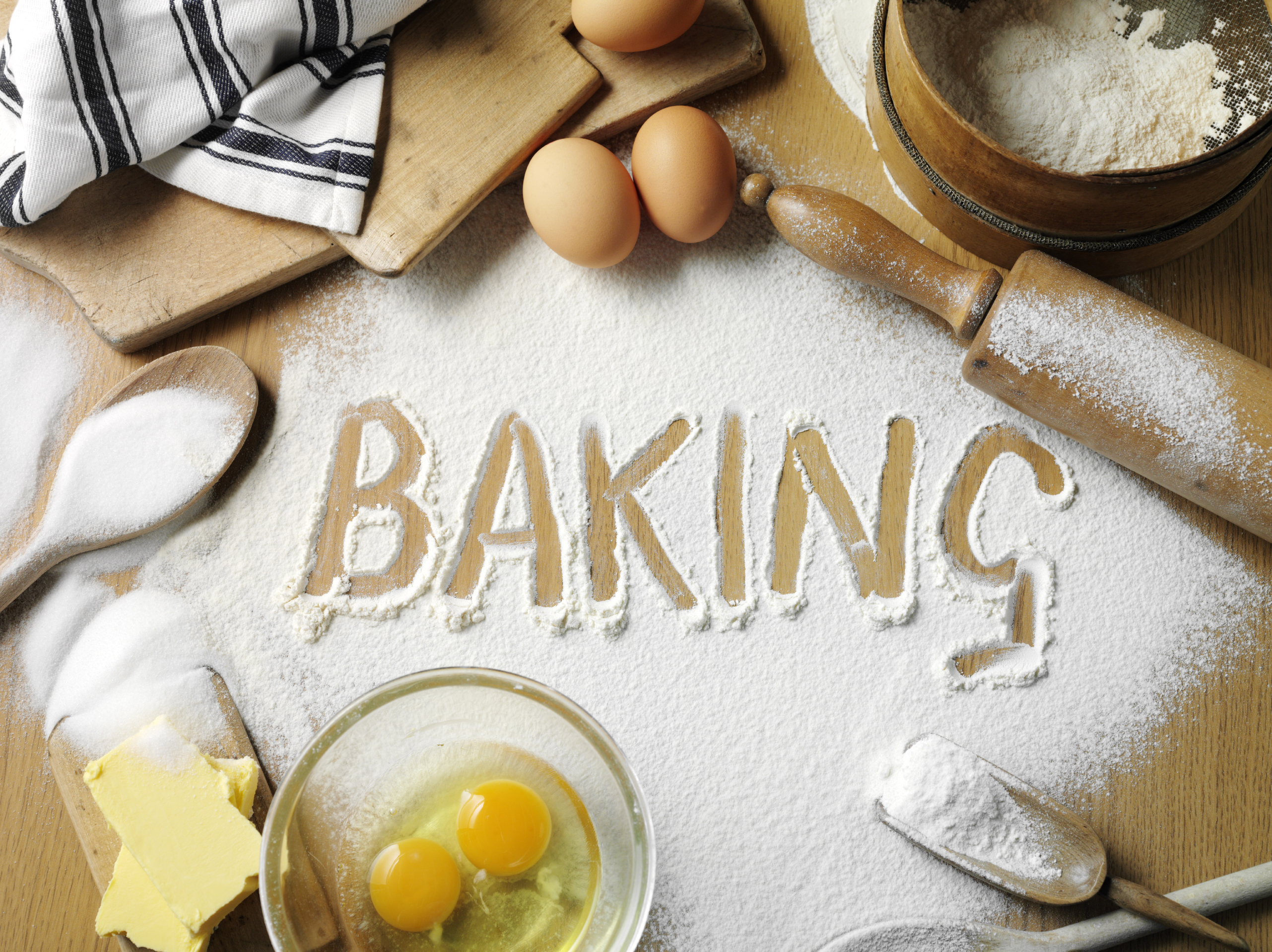
Baking Tips for Your Kitchen
 There are many things you can do to help your baking be its best. Below, I have some tips to help you get consistent results with anything that you bake. Take notes, now, because you will want to follow each of them.
There are many things you can do to help your baking be its best. Below, I have some tips to help you get consistent results with anything that you bake. Take notes, now, because you will want to follow each of them.
- Always use the right consistency with butter: The temperature of your butter has the ability to dramatically affect how your baked goods turn out. If the recipe calls for butter that is softened, make sure your butter is soft.
- Room Temperature is very important: If the recipe calls for ingredients that are room temperature, whether its eggs, butter, or anything else, make sure you follow that.
- Before beginning, always read the recipe: Yeah, we all know this is what we should do, but how many times have you not done this. Reading it ahead of time will help you to be prepared for your next step before you get to it.
- Prepare your ingredients ahead of time: Yes, before you even start the first step, get out all the ingredients you will need and put them within easy reach.
- Measure well: Being precise in measurements with baking is very important, so measure each of your ingredients properly.
- Weigh the ingredients: This also falls into being precise. Use a small kitchen scale to get your measurements exact. The precision can make or break your recipe.
- Use an oven thermometer: Unless your oven is calibrated, it is likely off with the temperature. This can cause things not to bake like they should. Using a thermometer inside your oven will help a lot with this.
- Keep the door on the oven closed: When you are baking, it is tempting to open the oven to check on your goods. Resist the urge! Opening the door throws off the temperature and will affect how well the item bakes.
- Refrigerate your cookie dough: This is especially important if the dough is greasy feeling or if you want to cook them later. When you chill them, they will be firmer and will spread less during cooking.
- Keep them fresh: Here is a great tip for your cookies to keep them soft…store them with a piece of bread. This will help keep the cookies moist because the bread will give up its moisture to the cookies.
Hopefully these tips will help you have the kind of baked goods that have people coming back for more. They will certainly help you to have more consistent results in your kitchen. We certainly don’t need big data to help you improve your kitchen baking! But, if you do then check out this blog post from a mobile app development company about big data. Again, it’s probably overkill for your kitchen, but you never know what will help!
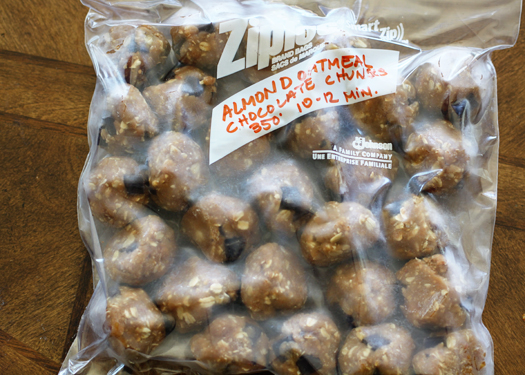
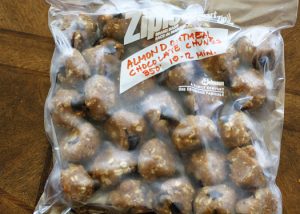 Everyone has their own way to freeze cookie dough, but I have chosen the way that is easy and convenient for me. I make the homemade dough per the recipe then chill it in the refrigerator, usually overnight. After that, I roll the dough into balls and chill the cookie dough balls for about an hour. I then place the cold, solid dough balls into a freezer bag and label it with the date and the temperature they should be baked at. Then the bag goes right into the freezer. I only keep them in the freezer for up to three months, so the date on the bag helps me to determine which batches will still be fresh and give me fresh tasting cookies. Of course, the temperature on the bag is written on for reasons that are obvious. You can label the bag with any information that you may find helpful.
Everyone has their own way to freeze cookie dough, but I have chosen the way that is easy and convenient for me. I make the homemade dough per the recipe then chill it in the refrigerator, usually overnight. After that, I roll the dough into balls and chill the cookie dough balls for about an hour. I then place the cold, solid dough balls into a freezer bag and label it with the date and the temperature they should be baked at. Then the bag goes right into the freezer. I only keep them in the freezer for up to three months, so the date on the bag helps me to determine which batches will still be fresh and give me fresh tasting cookies. Of course, the temperature on the bag is written on for reasons that are obvious. You can label the bag with any information that you may find helpful.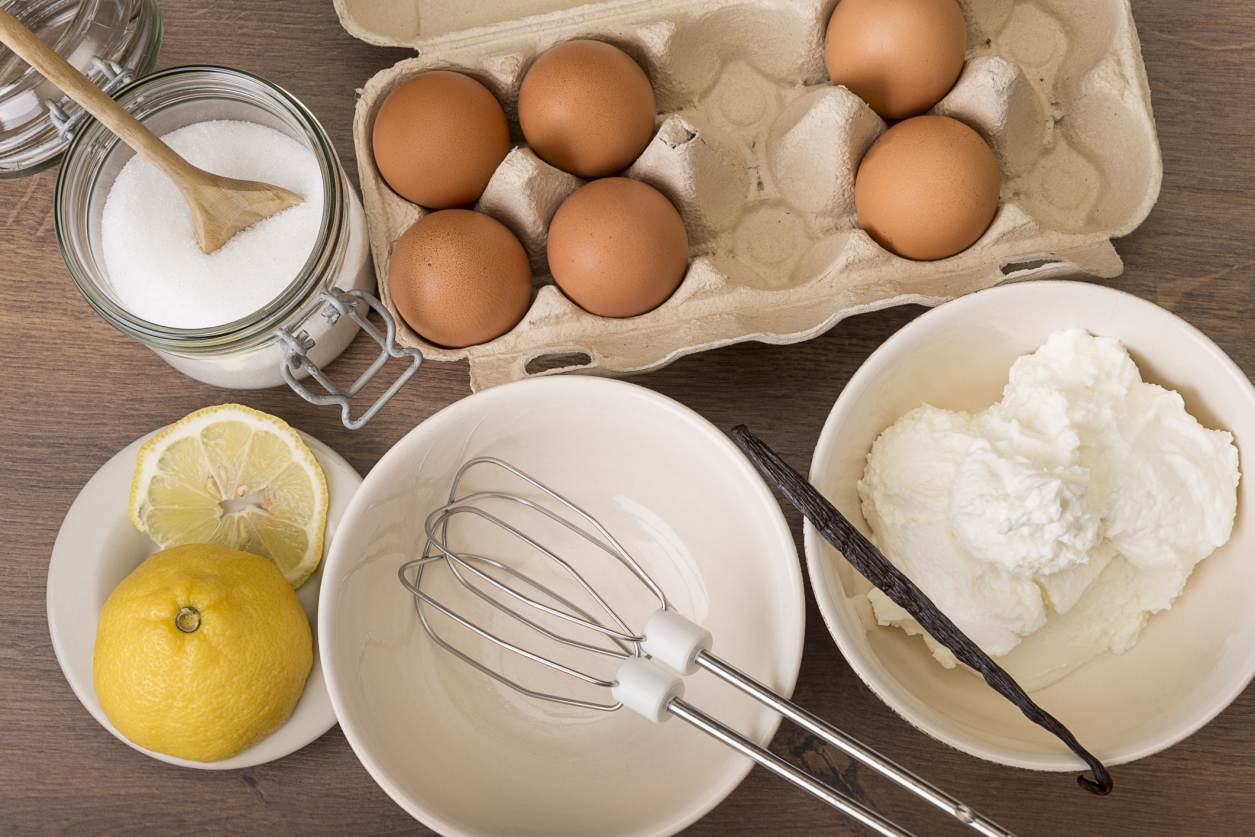
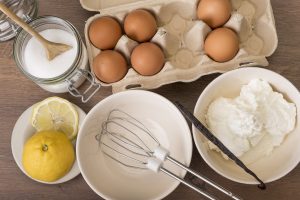
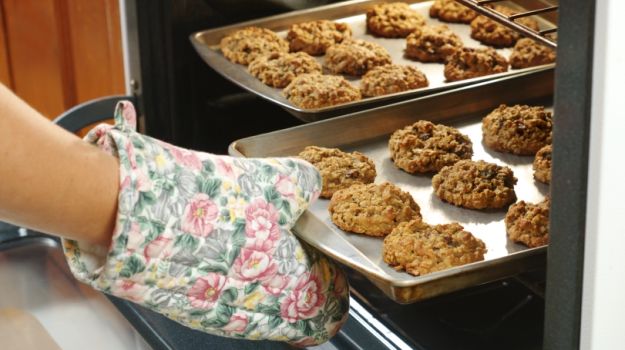
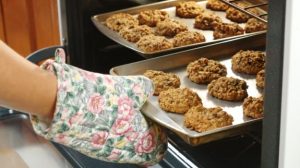 Chill the Cookie Dough: most cookie dough should be chilled before you cook it. Feel it and look it over to determine whether you should chill it or not. If the dough is wet feeling or greasy, you should chill it. This makes it less likely to become a greasy puddle when you cook it. After the chilling process, let the cook dough sit for about ten minutes at room temperature before you roll it into balls and bake.
Chill the Cookie Dough: most cookie dough should be chilled before you cook it. Feel it and look it over to determine whether you should chill it or not. If the dough is wet feeling or greasy, you should chill it. This makes it less likely to become a greasy puddle when you cook it. After the chilling process, let the cook dough sit for about ten minutes at room temperature before you roll it into balls and bake.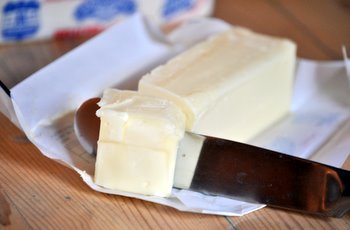
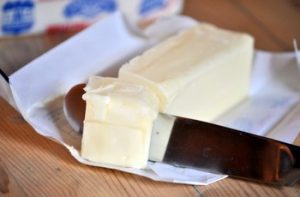 Have you ever gone to make a recipe and realize that it calls for soft butter? All the butter you have is in the refrigerator! What will you do?
Have you ever gone to make a recipe and realize that it calls for soft butter? All the butter you have is in the refrigerator! What will you do?